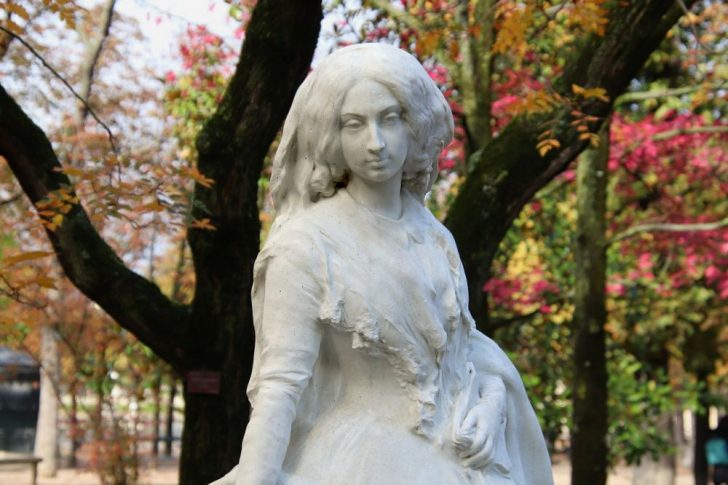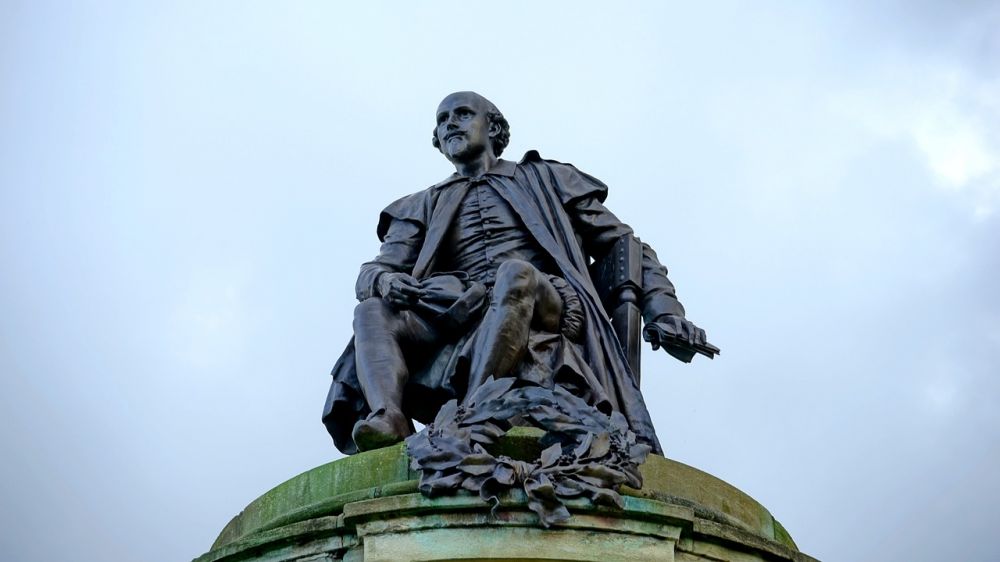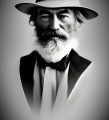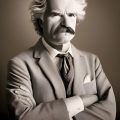Franz Kafkas Books: A Deep Dive into the Literary World of a Masterful Writer

Introduction:
Franz Kafka, one of the most influential and enigmatic writers of the 20th century, has left a profound impact on the world of literature with his thought-provoking and often surreal works. For those who are generally interested in this subject, exploring Kafka’s books is a journey that submerges readers into a world of existential angst, absurdity, and the complexities of human existence. This article aims to provide a comprehensive overview of Kafka’s books, their historical significance, and their evolution over time.
I. The Importance of Kafka’s Books:

Franz Kafka’s books are widely regarded as literary masterpieces that delve into the depths of human consciousness and explore themes such as alienation, bureaucracy, and the struggle for identity. His unique writing style, characterized by its introspective and evocative nature, has captivated readers and critics alike, making him a revered figure in the realm of literature.
Kafka’s works serve as a reflection of his own personal struggles, as he frequently grappled with feelings of isolation and inadequacy. Through his books, he confronts the complexities of human existence and the absurdity of societal norms, inviting readers to question their own place in the world.
II. A Historical Overview of Kafka’s Books:
1. The Early Years (1897-1912):
Franz Kafka’s literary journey began with his first published book, “Description of a Struggle,” a collection of disjointed stories and journal entries. Although this early work received little recognition during his lifetime, it laid the foundation for Kafka’s future explorations of human psychology and societal alienation.
2. The Metamorphosis (1912):
“The Metamorphosis,” perhaps Kafka’s most famous work, tells the story of Gregor Samsa, a man who wakes up one morning transformed into a giant insect. This novella highlights Kafka’s ability to blur the lines between reality and fantasy, questioning the nature of identity and the human condition.
3. The Trial (1925):
“The Trial” examines the absurdities of bureaucracy and the relentless pursuit of justice. The story follows Josef K., who finds himself accused of a crime but is unable to find out the specific charges against him. Through this narrative, Kafka explores themes of guilt, powerlessness, and the darkness that lies within societal mechanisms.
4. The Castle (1926):
In “The Castle,” Kafka delves into themes of authority, alienation, and the futility of seeking recognition. The story revolves around K., who arrives in a village dominated by a mysterious and inaccessible castle. As K. desperately seeks entrance to the castle, he encounters obstacles and bureaucratic barriers that symbolize the human struggle for validation and a sense of belonging.
III. Evolution of Kafka’s Books:
Over time, Kafka’s books have undergone a transformation in terms of their reception and interpretation. Initially overshadowed and undervalued, his works gained recognition and acclaim posthumously, following Max Brod’s decision to publish his unpublished manuscripts against Kafka’s wishes.
These posthumously published works, including “The Trial,” “The Castle,” and various short stories, brought Kafka’s unique vision to a wider audience, cementing his place in literary history. Scholars and readers continue to analyze and interpret Kafka’s books, finding new layers of meaning and relevance in his writings.
IV.
As part of this comprehensive exploration of Kafka’s books, we have prepared a video that offers a visual interpretation of Kafka’s themes, characters, and symbolisms
. This video aims to provide an immersive experience that enhances the understanding and appreciation of Kafka’s works for art lovers and collectors.
Conclusion:
Franz Kafka’s books remain a testament to his unparalleled ability to delve into the depths of the human psyche and explore the complexities of existence. From the surreal metamorphosis of Gregor Samsa to the haunting trials faced by Josef K., Kafka’s writings continue to intrigue and challenge readers across generations.
The historical evolution of Kafka’s books showcases the enduring relevance of his themes and the ever-evolving interpretations of his works. As Kafka enthusiasts continue to dive into his literary world, his books serve as a perpetual source of intellectual stimulation and introspection, solidifying his status as one of the greatest literary figures of all time.
FAQ
How did Franz Kafkas books gain recognition over time?
What are the main themes explored in Franz Kafkas books?
Which is Franz Kafkas most famous work?
Flere Nyheder
Klaus Rifbjerg Bøger: En Dybdegående Kig på et Litterært Mesterstykke
Introduction: Franz Kafka, one of the most influential and enigmatic writers of the 20th century, has left a profound impact on the world of literature with his thought-provoking and often surreal works. For those who are generally interested in this...
Peter Mortensen
18 januar 2024
Jeppe Aakjær, en af Danmarks mest kendte forfattere og digtere, er også kendt for sine smukke sange
Introduction: Franz Kafka, one of the most influential and enigmatic writers of the 20th century, has left a profound impact on the world of literature with his thought-provoking and often surreal works. For those who are generally interested in this...
Peter Mortensen
18 januar 2024
Peter Høeg er en af Danmarks mest populære forfattere, kendt for sine spændende og tankevækkende bøger
Introduction: Franz Kafka, one of the most influential and enigmatic writers of the 20th century, has left a profound impact on the world of literature with his thought-provoking and often surreal works. For those who are generally interested in this...
Peter Mortensen
18 januar 2024











